The Inn at Grace Winery is renowned as a beautiful wedding and event venue, and a charming bed and breakfast, just a stone’s throw from Philadelphia in Glen Mills, PA. It also has its own line of wines, Grace Winery, made with estate grown grapes from the vineyard on the property.
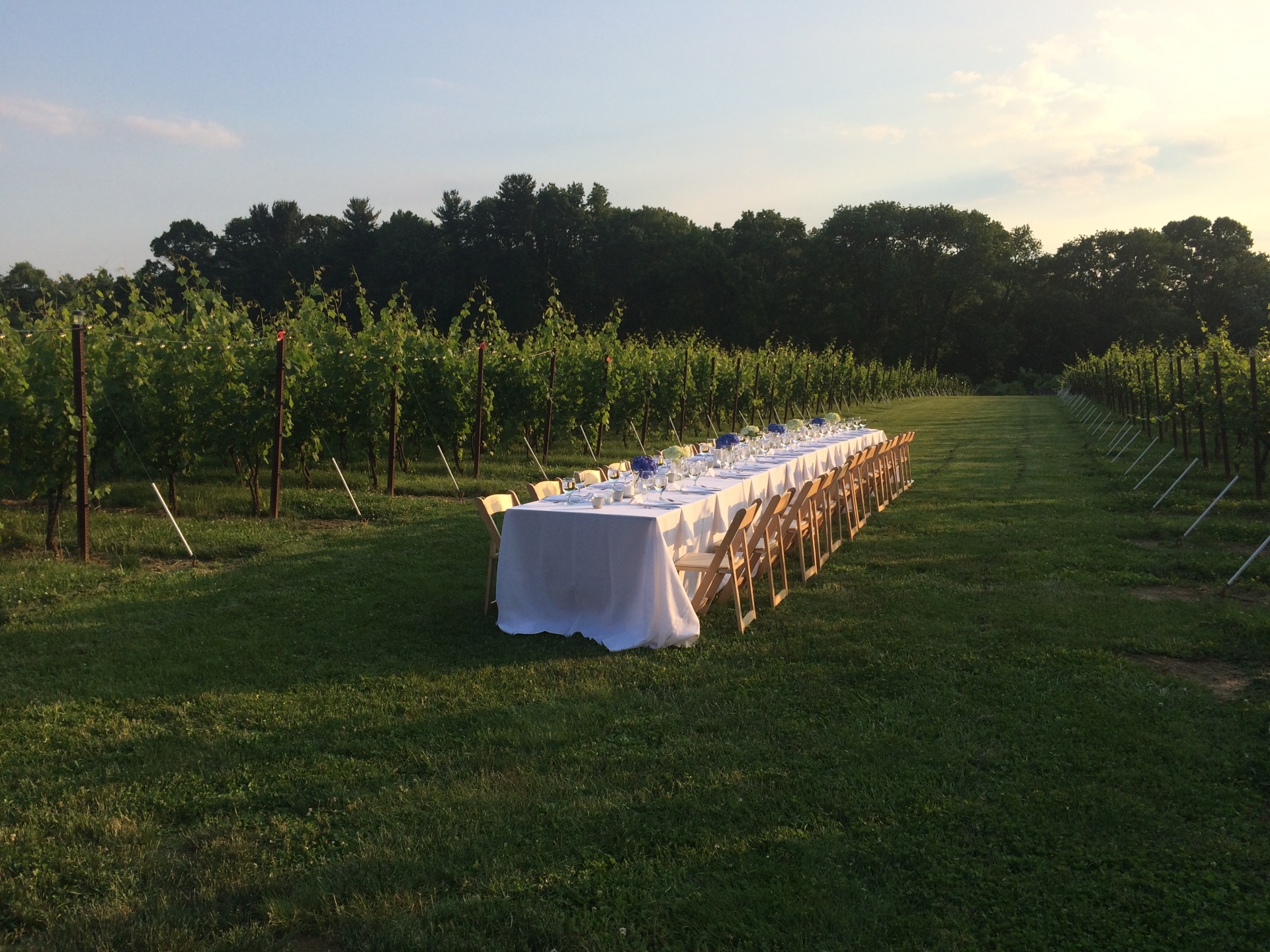
The wines are anything but an afterthought — the viticulture and winemaking programs are taken very seriously, and the wines are fresh, complex and nuanced. Its offerings are limited to a tightly curated selection of single varietals and blends.
Andrew Yingst is the young, passionate winemaker at Grace Winery. He’s been here since 2018 (before that, he worked in other PA wineries for 4 years), and has enjoyed the unique task of carrying on the brand’s established cuvees, while also being encouraged to experiment with and progress the wines.
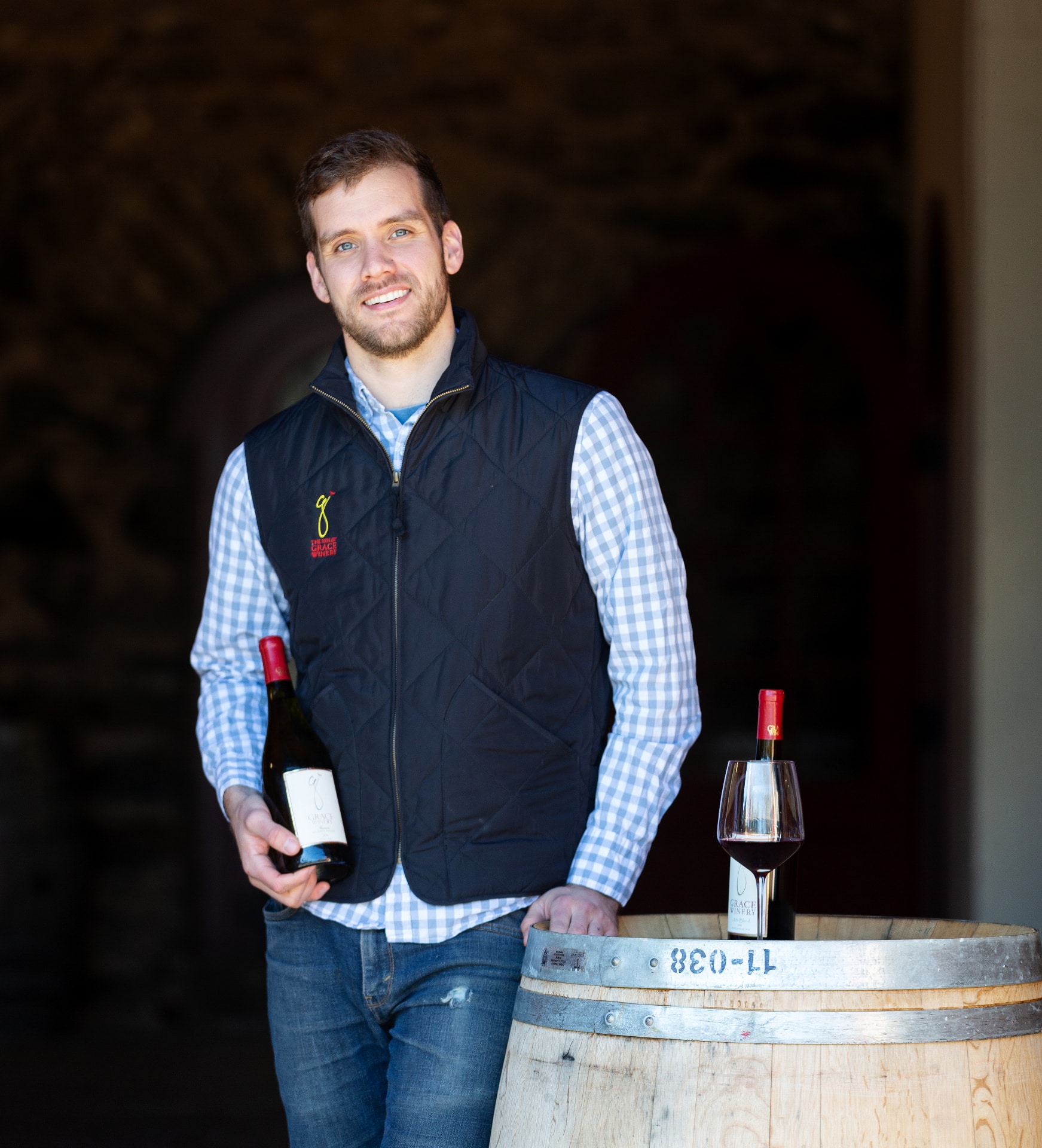
Andrew Yingst of Grace Winery
Before we dive into our Q&A with Yingst, here’s a brief history of The Inn at Grace Winery, which is a pretty cool story:
The land’s lineage dates all the way back to William Penn. In 1734, the acreage was parceled into a land grant by Penn, and dubbed Sweetwater Farm by the Hemphill family. In the centuries between then and now, it passed through a number of hands, until it was purchased in 1996 by Grace Le Vine, who ran the historic property as a bed and breakfast. After her passing in 1999, the farm was restored by Grace’s brother and sister-in-law, Chris and Vicki Le Vine, who planted 10 acres of the property as vineyards in 2007. The name Grace Winery, and its dragonfly logo, are a tribute to Grace.
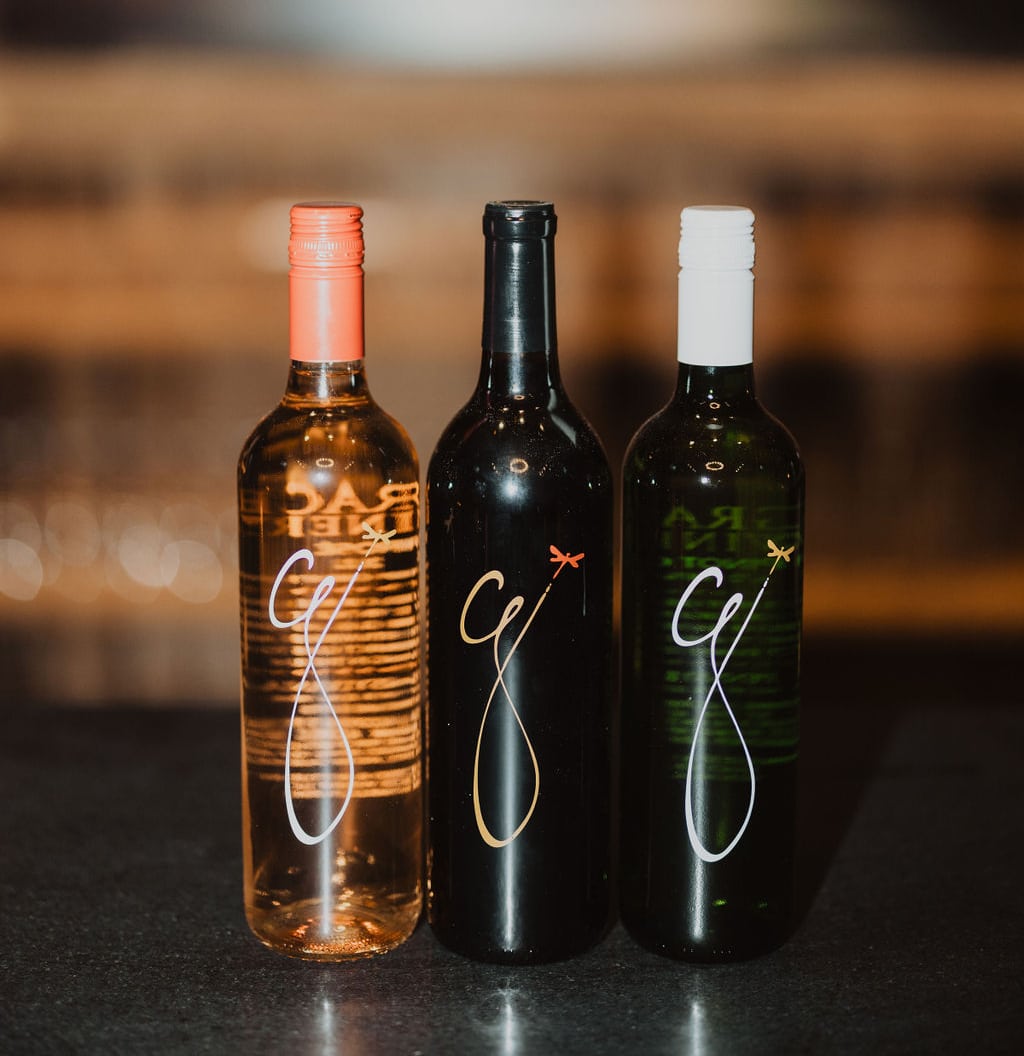
Read on to learn more about Grace Winery, as well as Yingst’s winemaking ideas and philosophies:
PA Eats: What are some of the features of the terroir of Grace Winery? Why do you think it’s a good site for grape-growing?
Andrew Yingst: Our specific site is mostly limestone soil. We have very high rates of potassium, and a high mineral content to our wines, with nice acidity. One of the important things in a vineyard is having good drainage, so when it rains, the water flows out. Because of our soil style type, the water just runs clear out, we don’t have issues with that. We typically don’t have bad growing years.
The larger Brandywine Valley area is one of the best areas to grow wine grapes in the state, I think. In fact, I consider the triangle between here, the Lehigh Valley and Lancaster as the top growing region in PA, if not the entire East Coast. It’s a fantastic region for growing white wine grapes and grapes that make light-to-medium bodied reds. I just tried an amazing Albariño from the Lehigh Valley, as well as a great Saperavi. And Cabernet Franc is by far the star of the show as far as reds goes in the southeastern part of the state.
What are some of the grapes planted in the Grace Winery vineyards?
They originally planted the vineyard in 2007 with Merlot, Cabernet Franc, Pinot Grigio and Chardonnay. Some have done better than others over the years. The Pinot Gris is the most consistent every year, with really nice minerality. The Chardonnay grows well, too. Merlot makes a great blender, and goes into a bunch of our red blends. They tried Cabernet Sauvignon and Petit Verdot, but those didn’t do as well.
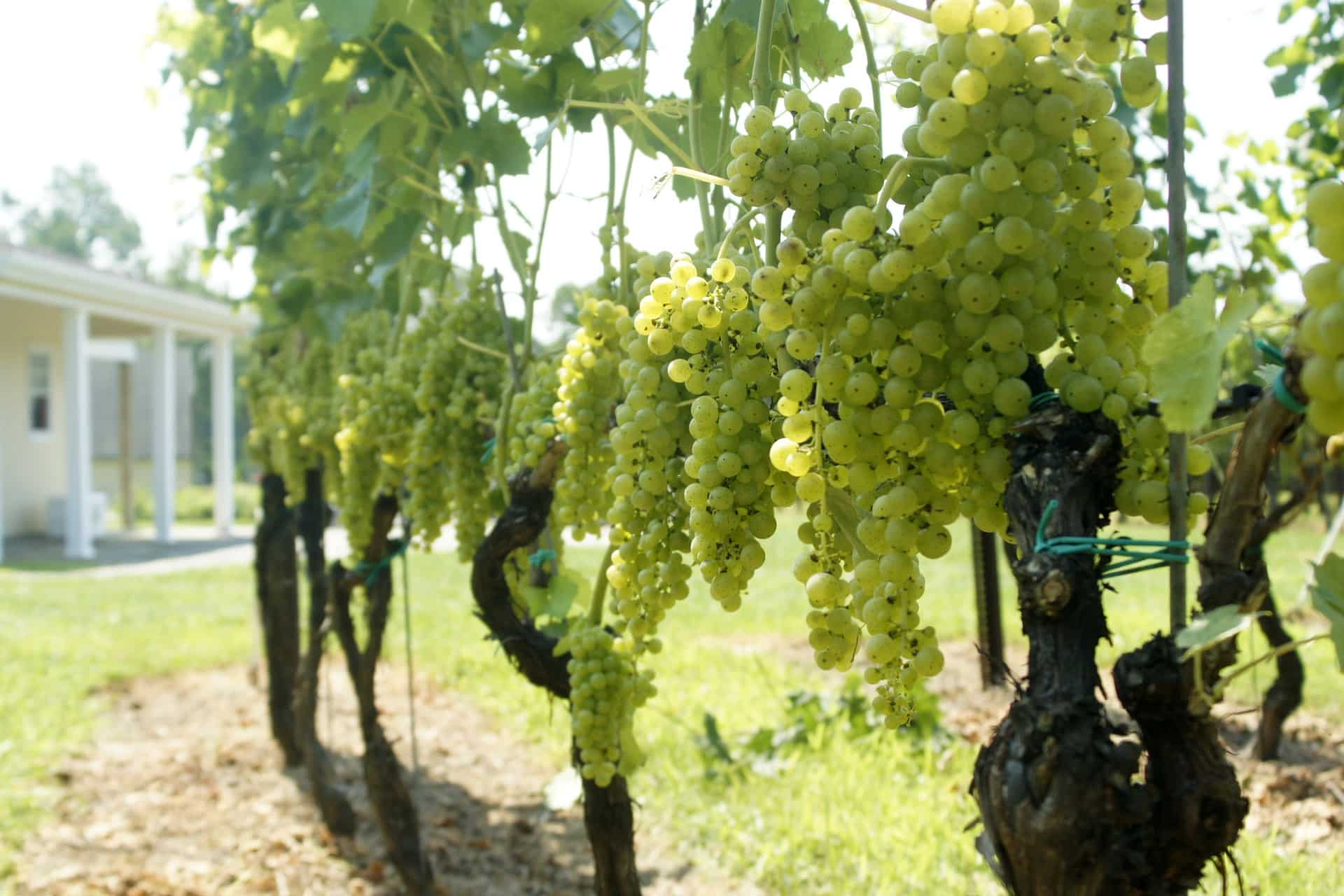
Do you have to purchase any fruit?
Yes, because our vineyard simply can’t provide all the grapes we need for our sales. The estate produces about 40 to 60% of what we need, and then we typically source from within a 45-minute drive from us. We’ve gotten Cabernet Sauvignon, Merlot and Sauvignon Blanc from other sites in Chester County, and Pinot Blanc and Pinot Gris from Maryland.
You came on as the winemaker at Grace Winery a decade after it was founded. Did you have to follow a script or do you have some freedom to make your own mark on the wines?
One thing that’s been nice is that there always has been a very clear vision of what this winery is supposed to be. The owner is very influenced by France. He goes there pretty frequently, and that’s the style of wine he likes. He wants us to make wines that are Old World-style: elegant, delicate, beautiful, clean wines. We have a limited portfolio on purpose so each wine can really stand out and be its best quality. We don’t want 40 wines. We want to have 10 wines and do them all really, really well.
I do have freedom here as a winemaker. The two main blends we produce are 1734 and Dragonfly, and there are no recipes for them. We just want Dragonfly to be more medium-to-light and drinkable, while 1734 is bigger, bolder, oakier and a little higher in alcohol. Those are the only rules. I’m able to bring in whatever fruit I want, and make the blends however I want. Every vintage can be different. The boss says, “Your only goal here is to make the best wine possible.”
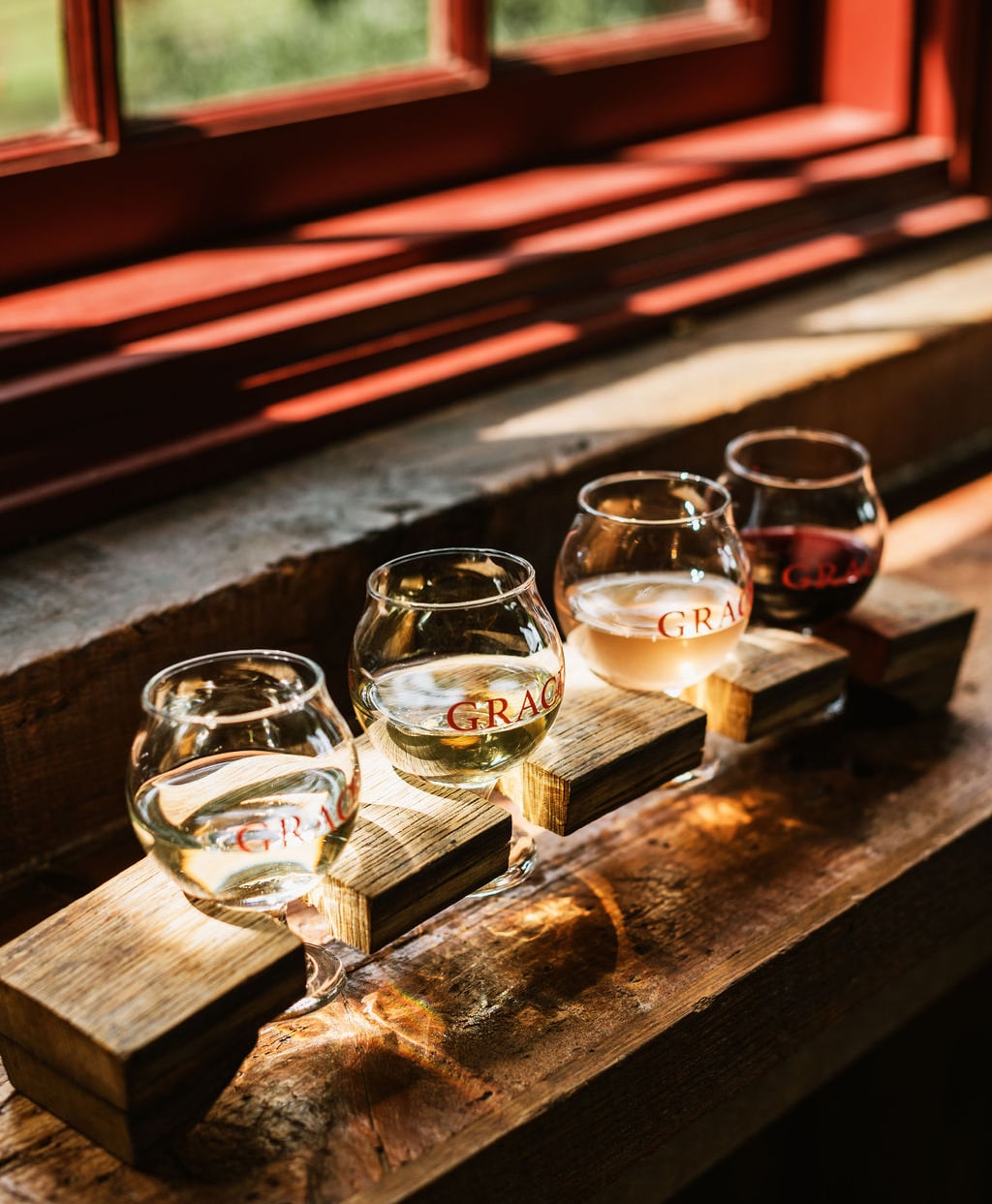
What are some other choices you make as a winemaker that influences the wines?
Yeast is a great example. I love using the perfect yeast for our wines. Yeast can produce about 40% of the flavor in wine, so it’s a very dominant factor. Oak profile is really important, too. We use 100% French oak that’s of a very high-quality and has always worked for us. The right toast level is so important, and you can really fine-tune which product is best for your wines. As I’ve gained more experience in the industry, as well as with this vineyard and this region, I’ve been better at honing in on what oak is best for our wines.
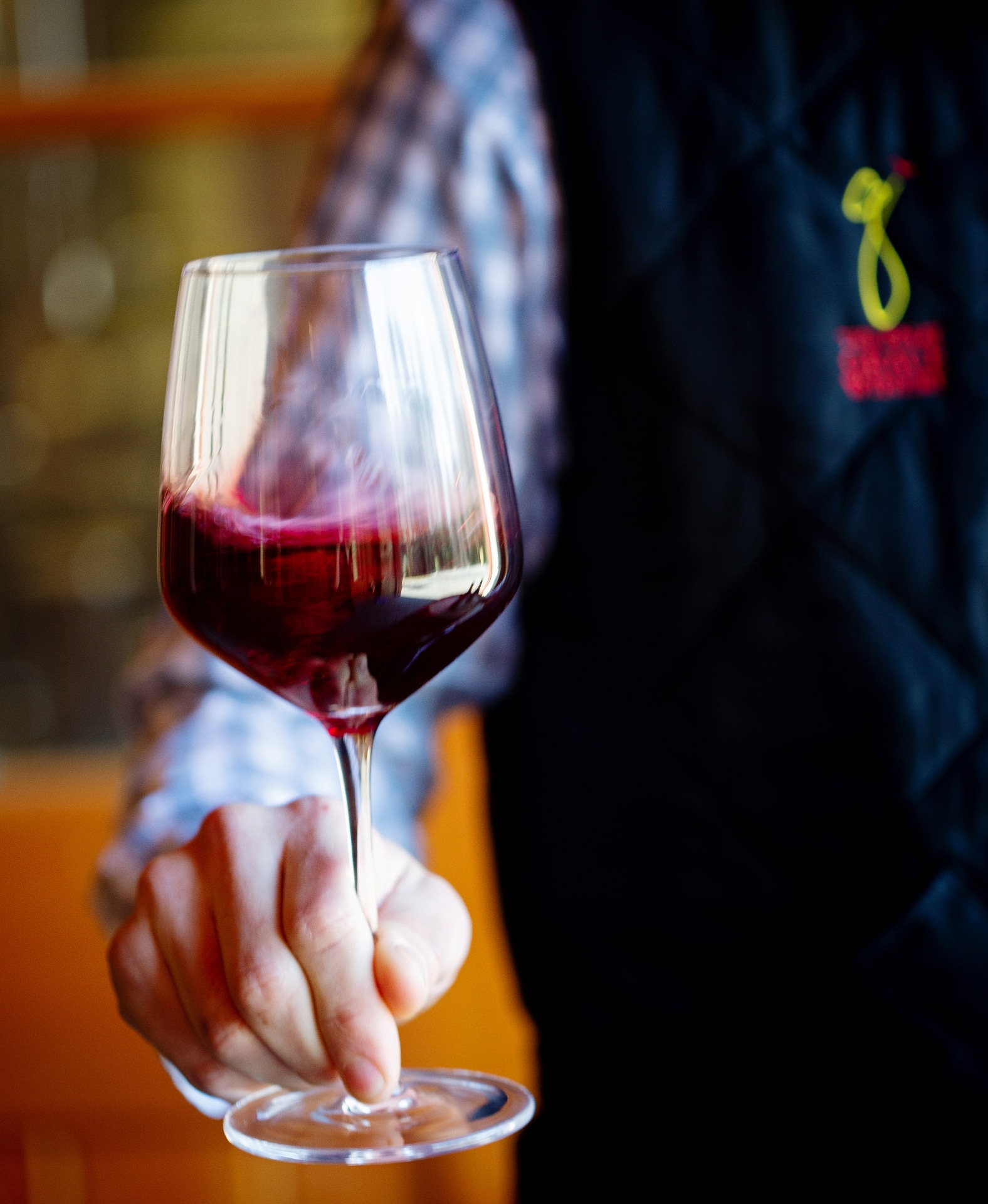
You use “Old World,” “clean” and “elegant” to describe your wines – how do you define those terms?
When I say “Old World” I mean we use conventional methods that have been honed over years and years. We stand on the generations of people who came before us to learn how to make a high-end product. Because of them, we have so much knowledge, tools and equipment to help us do it.
A “clean” wine means it has no faults or flaws. A fault is something specifically messed up by the winemaking process, like the wine being overoxidized or having a bacterial issue. A flaw is more of a stylistic departure, which is very subjective.
To me, “elegant” means a wine without an overpowering flavor, something that can pair with a whole meal.
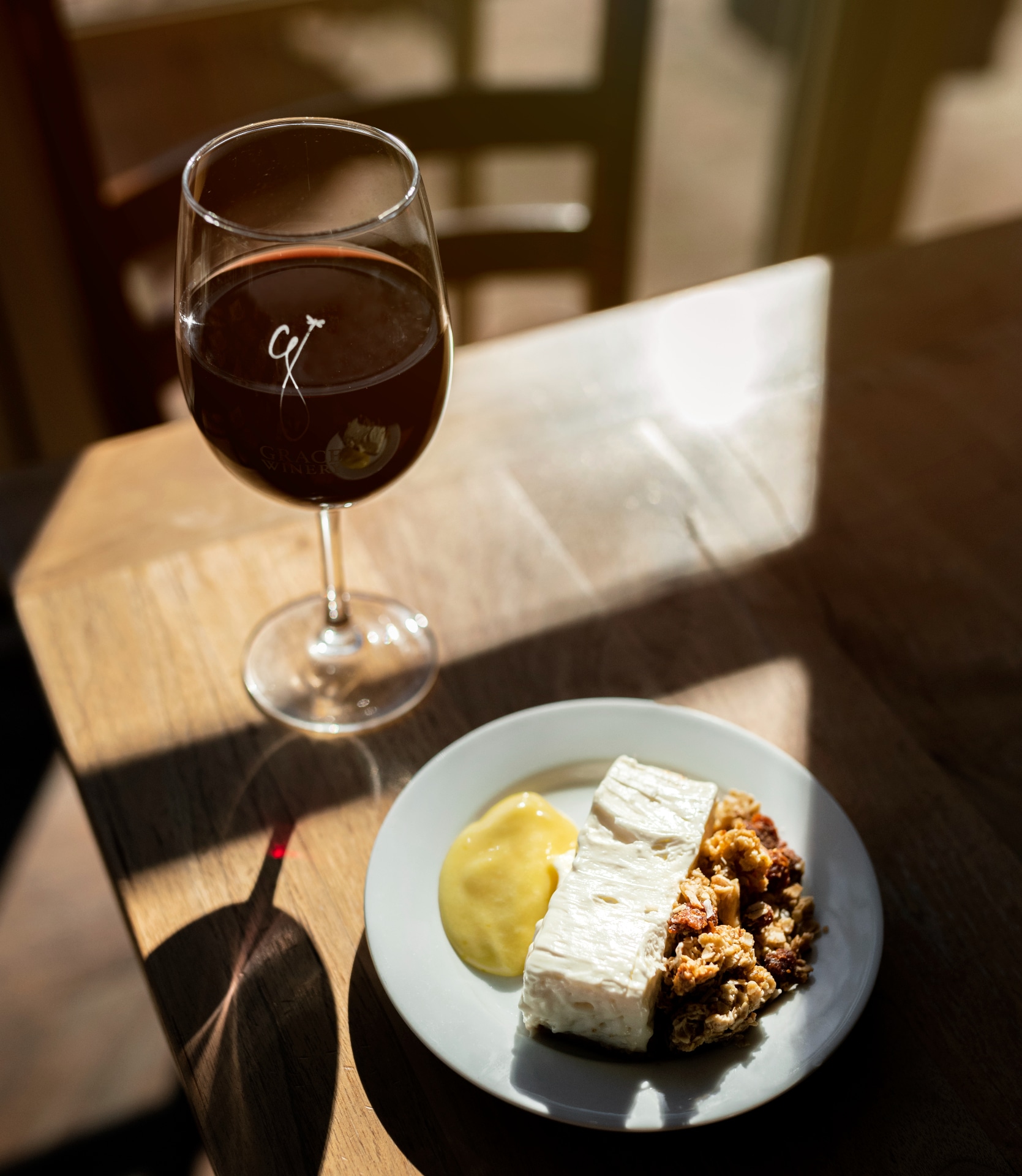
How do you split your time between the fields and the cellar?
From November through March, I’m mostly in the winery and then split my time about 50/50 for the rest of the year. As the growing season starts, I spend a lot more time in the vineyard. I enjoy so much of my time out there. The winery is dark and lonely, and the vineyard is sunny and lovely.
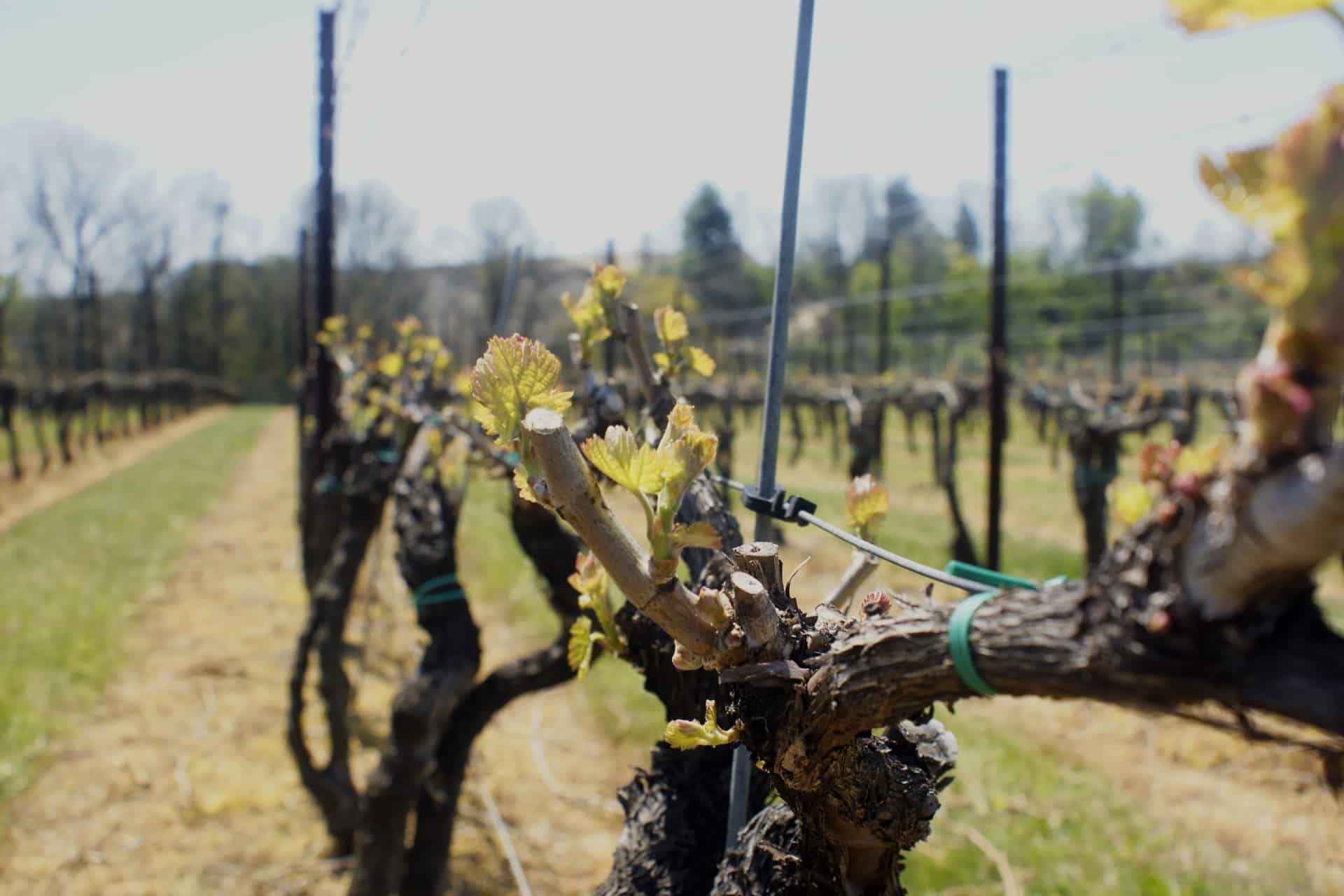
How has Grace Winery grown since you started there?
Well, 2023 was our best year ever in regards to sales. I feel really confident, like it’s getting better and better.
But growth in the wine industry as a whole is not doing great. And that’s not just in PA, it’s literally happening across the world stage. There’s too much saturation, and sales are down. Luckily, Grace Winery has been able to establish our name, and we get the benefit of being one of the closest wineries to Philly. Also, we’ve diversified our means of bringing in customers, and I’ve seen that work well. For instance, the winery has been hosting trivia and comedy nights, which have been super successful for us. Those events bring people into our facility, and then once they’re here, you hear them say things like, “I didn’t know PA made such good wine!”
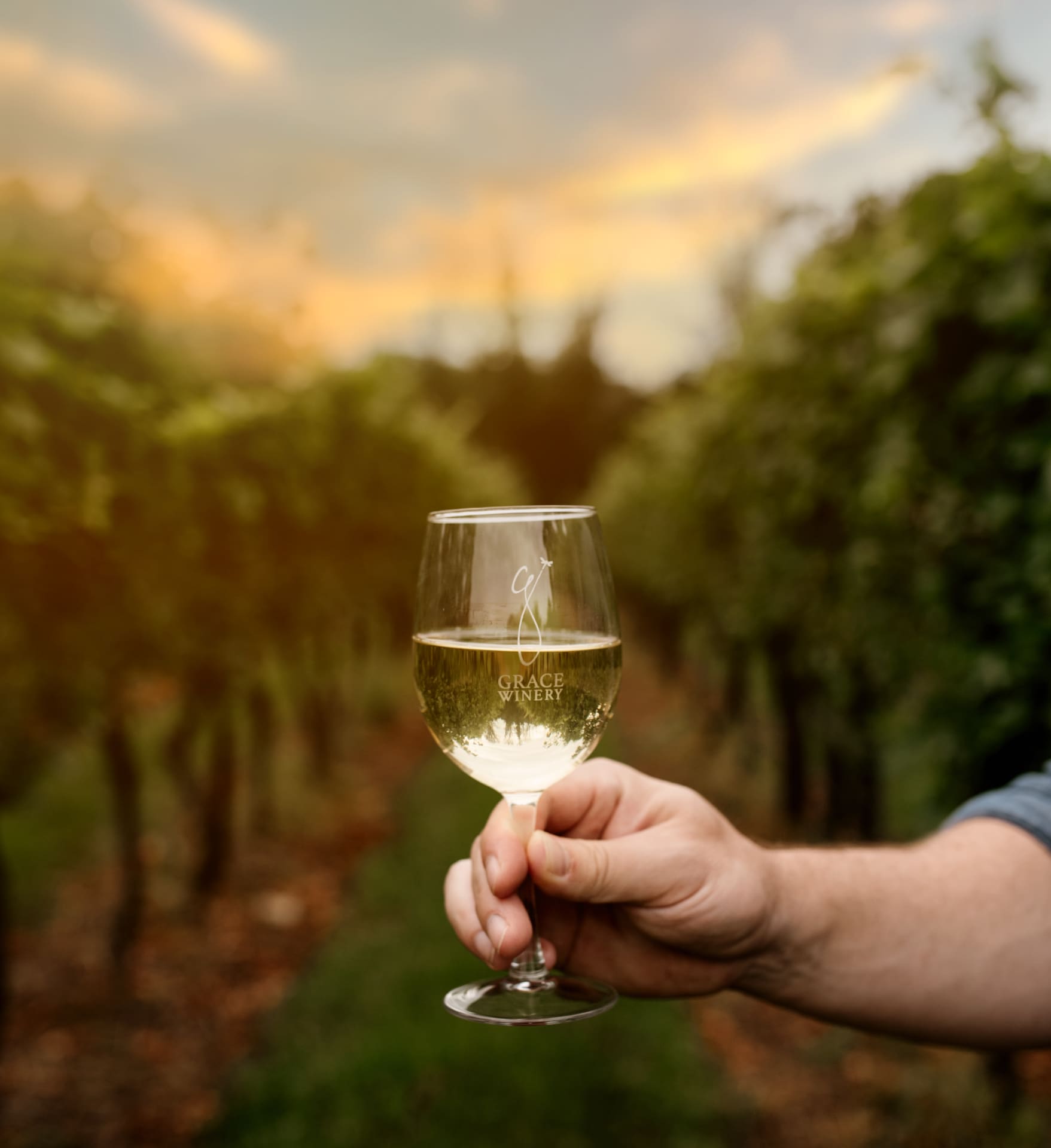
To learn more about The Inn at Grace Winery, visit its website. The historic property is home to a welcoming tasting room in a renovated barn, where guests can order wines by the glass, flight or bottle, as well as craft beers and light snacks. There is also a fine dining restaurant in the Manor House, as well as the opportunity to book its wine cellar for private dinners. Check out Grace Winery’s events calendar for happenings like yoga classes, gardening workshops and wine and chocolate tastings.
Find The Inn at Grace Winery at 50 Sweetwater Rd. in Glen Mills, PA; phone: (610) 459–4711.
The PA Vines & Wines series was created in collaboration with the Pennsylvania Wine Association with Round 8, Act 39 grant funding from the Pennsylvania Liquor Control Board (PLCB).
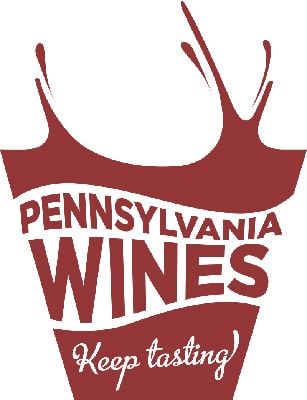
The Pennsylvania Winery Association (PWA) is a trade association that markets and advocates for the limited licensed wineries in Pennsylvania.
- Photos of Andrew Yingst: Mariya Stecklair Photography
- All other photos: Grace Winery
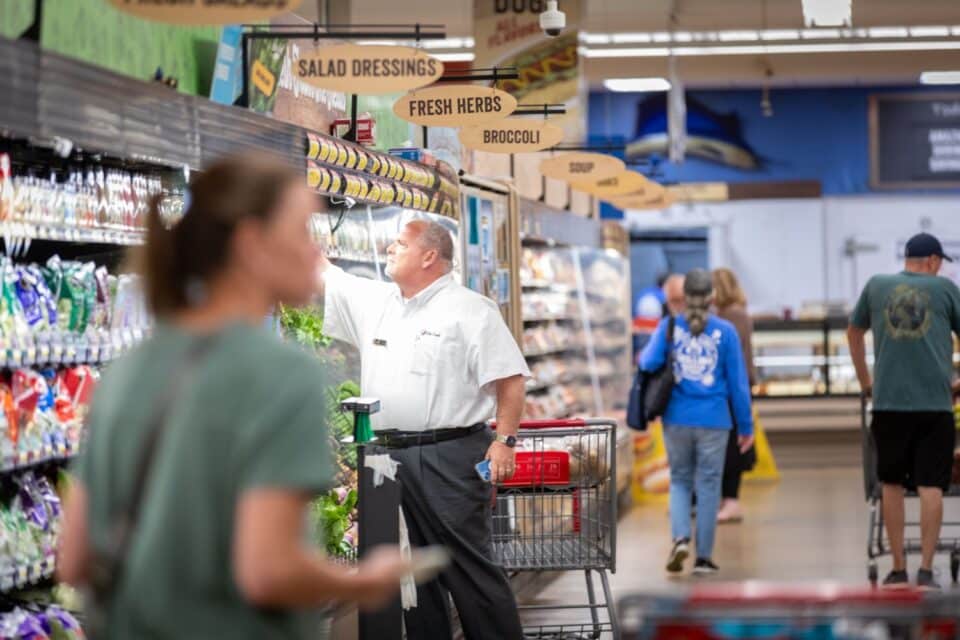
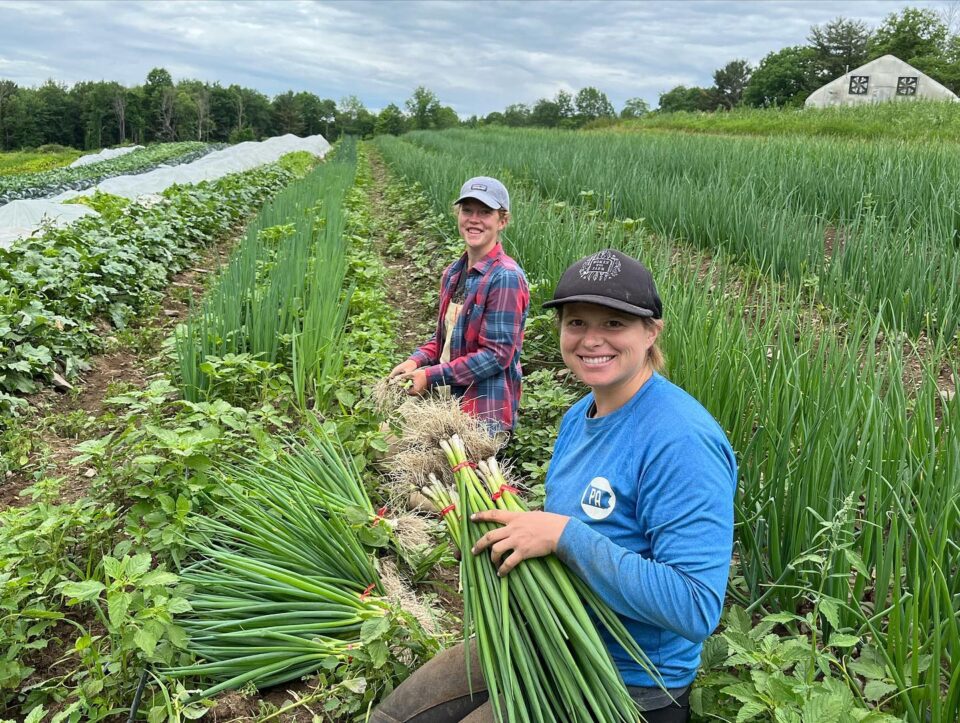
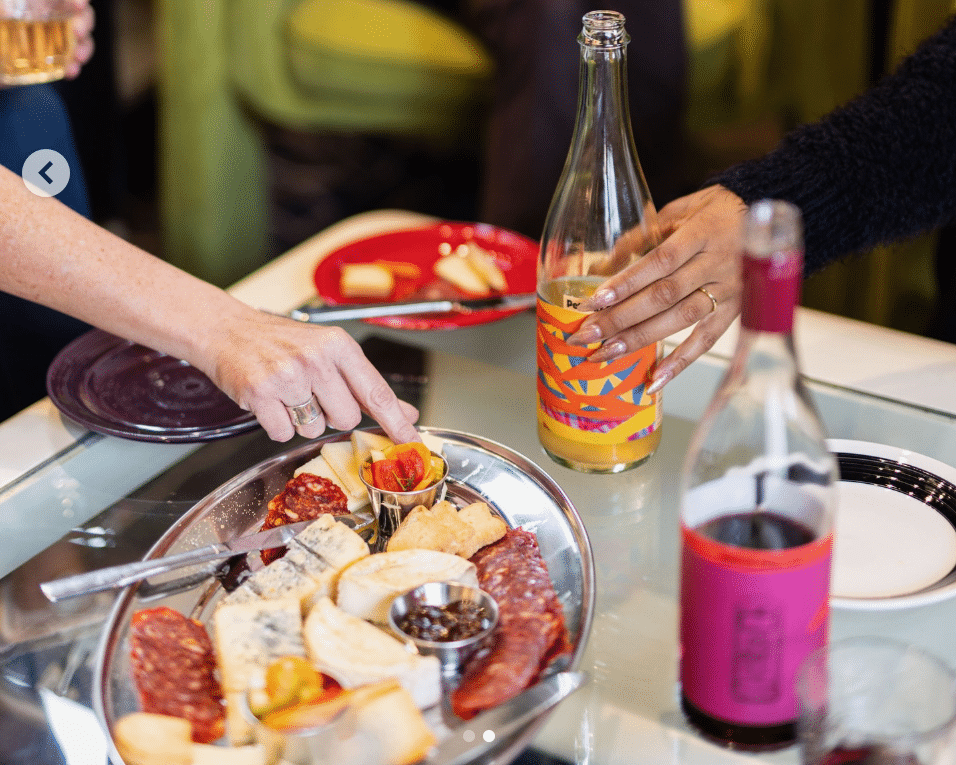
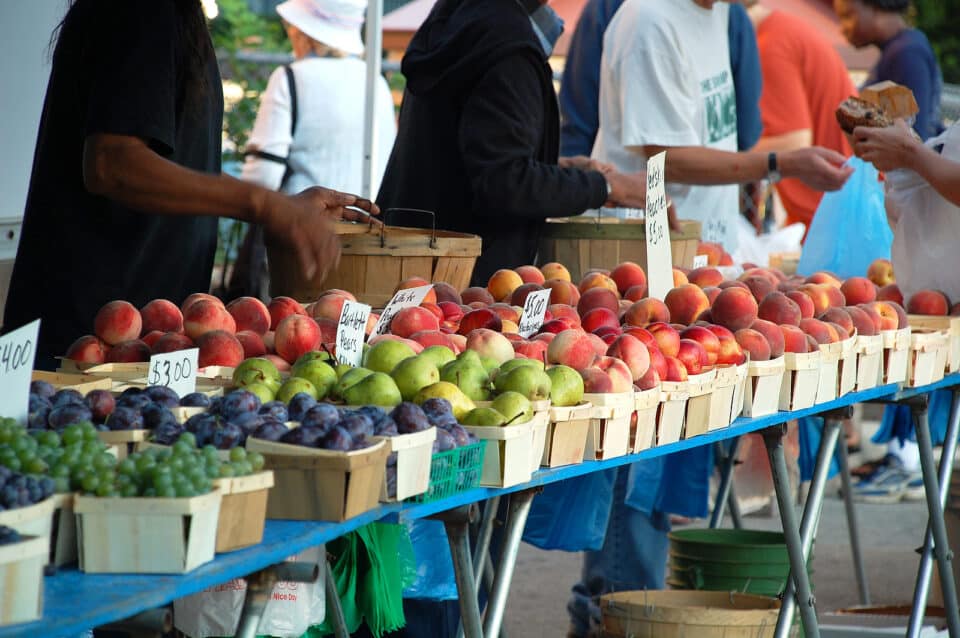

One Comment